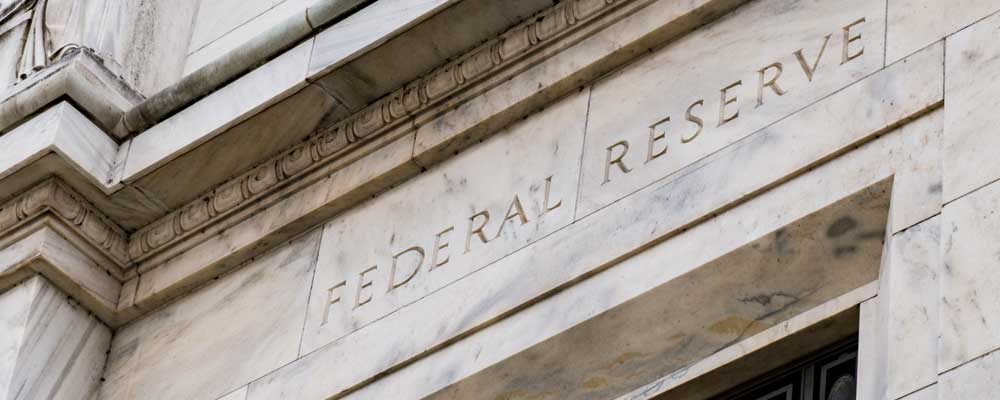Issue: During the application for the PPP loan, each business certified the following:
Current economic uncertainty makes this loan request necessary to support the ongoing operations of the Applicant
SBA Guidance: The SBA provided retroactive guidance on this issue with FAQ 31 and FAQ 43:
In addition to reviewing applicable affiliation rules to determine eligibility, all borrowers must assess their economic need for a PPP loan under the standard established by the CARES Act and the PPP regulations at the time of the loan application. Although the CARES Act suspends the ordinary requirement that borrowers must be unable to obtain credit elsewhere (as defined in section 3(h) of the Small Business Act), borrowers still must certify in good faith that their PPP loan request is necessary. Specifically, before submitting a PPP application, all borrowers should review carefully the required certification that “[c]urrent economic uncertainty makes this loan request necessary to support the ongoing operations of the Applicant.” Borrowers must make this certification in good faith, taking into account their current business activity and their ability to access other sources of liquidity sufficient to support their ongoing operations in a manner that is not significantly detrimental to the business. For example, it is unlikely that a public company with substantial market value and access to capital markets will be able to make the required certification in good faith, and such a company should be prepared to demonstrate to SBA, upon request, the basis for its certification.
Lenders may rely on a borrower’s certification regarding the necessity of the loan request. Any borrower that applied for a PPP loan prior to the issuance of this guidance and repays the loan in full by May 14, 2020, will be deemed by SBA to have made the required certification in good faith.
Recommendation: In order to show economic uncertainty, businesses should consider and then document any items below (or other items deemed necessary) that may be relevant to your businesses:
- Date the loan was made
- Attempts to secure open lines of credit
- Projected decreases in revenues
- Cash flow projections
- Limitations on use of working capital
- Current threat assessment for your business
- Balance sheet when applying for the loan
- Requests to reduce work or bills from clients
- Supply chain uncertainty
- Uncertainty on when you can re-open, if closed
- Risks of using current working capital
- How the business is currently impacted
PBMares continues to monitor this situation and provide insights as this guidance is issued. For updates as we continue to navigate the impact of COVID-19, visit our Coronavirus (COVID-19) Resource Center. For more insights on the Paycheck Protection Program, visit our PPP FAQ or this recent guidance advising taxpayers that expenses paid using PPP proceeds will not be tax-deductible.
Consult with an advisor at PBMares today to discuss your specific needs.
The Coronavirus Aid, Relief, and Economic Security Act (CARES Act) is new legislation, and constantly in flux. It contains complexities that cannot be resolved with certainty until regulations are issued and/or courts issue opinions. While we will advise you about these issues using our professional judgment and knowledge, we cannot guarantee that positions taken on CARES Act matters, including the Paycheck Protection Program (PPP) will be sustained.





